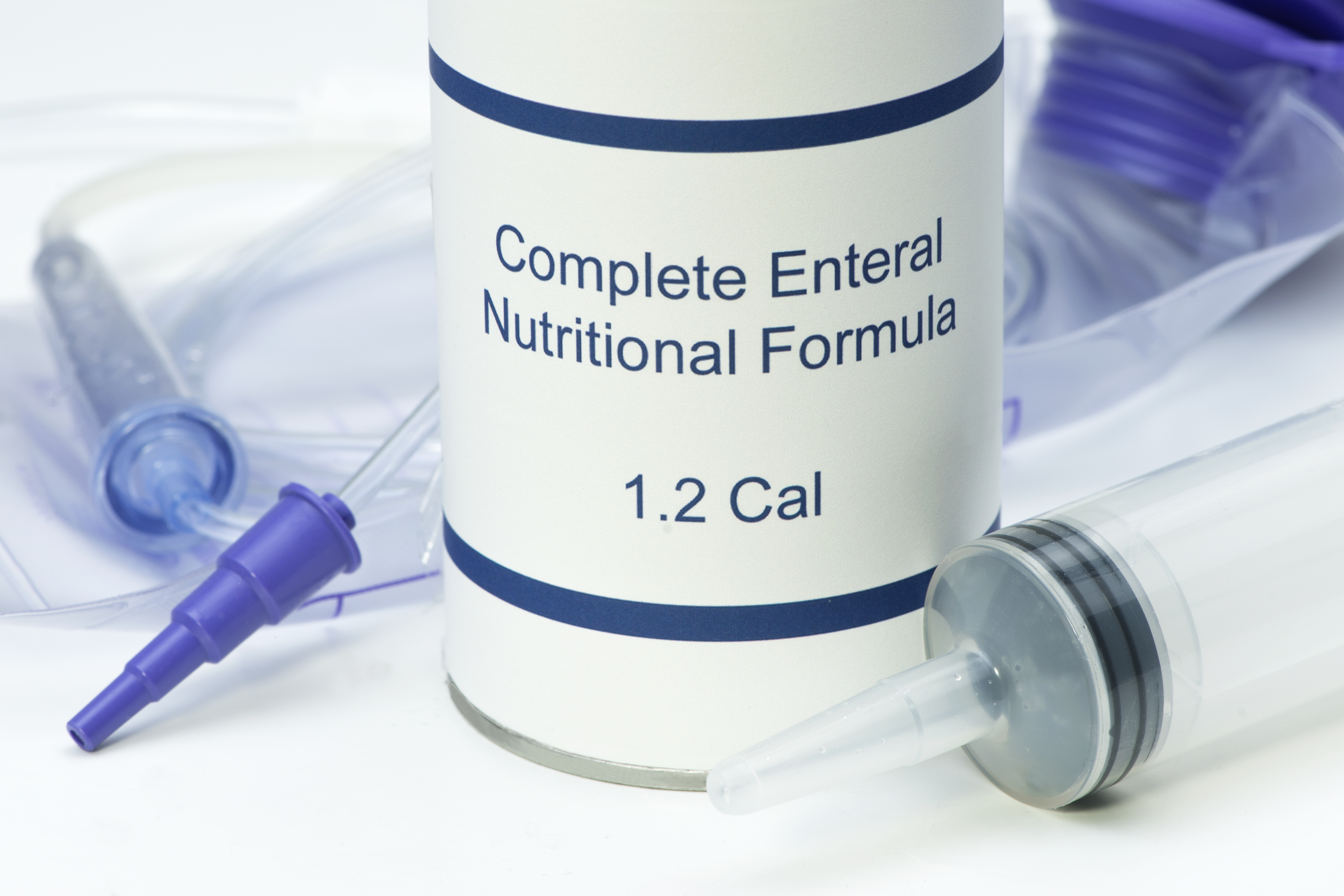#NACFC2016 – Close Gastroenterologist Monitoring of Patient Enteral Tube Feeding Urged by Cystic Fibrosis Foundation

Recommendations by the Cystic Fibrosis Foundation (CFF) on enternal tube feeding for patients were supported by Jillian Sullivan, MD, from the University of Vermont Children’s Hospital today at the 30th Annual North American Cystic Fibrosis Conference in Orlando, Florida.
Sullivan’s presentation,“Role of the Gastroenterologist in Enteral Tube Feedings,” was part of a symposium titled “CF Gastroenterology Comes of Age: Best Practices & DIGEST.”
Adults and children with cystic fibrosis may find it difficult to maintain nutritional goals, but achieving optimal nutritional status is mandatory for the patients’ overall health. The CFF, recognizing the link between general health and lung function, urges all CF patients to achieve a nutritional status comparable to healthy people. The foundation recommends monitoring weight and height every three months.
Enteral tube feeding refers to the delivery of a nutritionally complete feed (containing necessary protein or amino acids, carbohydrates, fiber, fat, water, minerals, and vitamins) through a tube inserted into the gut. The method is suggested as a possible strategy to help CF patients achieve recommended nutritional goals.
The CFF had gathered a multidisciplinary expert panel to draft the list of recommendations for when enteral tube feeding is considered. They determined confounding causes of poor nutrition, patient education about enteral tube feeding, how to prepare patients for the feeding procedures, and how to manage the feeding tube after placement.
Upon detecting suboptimal nutritional status, the CFF recommends that patients be monitored by a CF team composed of a pulmonologist, gastroenterologist, endocrinologist, registered dietician or nutritionist, clinical psychologist, nurse, social worker, and respiratory therapist or physical therapist.
The team should determine the potential causes for inadequate caloric intake, gastrointestinal and endocrine complications, pulmonary exacerbations, and behavioral and psychosocial factors. Sullivan stressed that the team is vital for the placement of the feeding tube, with a CF-experienced gastroenterologist in the most important role.
The gastroenterologist should determine the causes for poor appetite or malabsorption of food in undernourished CF patients before the enteral feeding tube procedure. Causes might include gastroesophageal reflux disease, gastroparesis, constipation, distal intestinal obstruction syndrome, small bowel bacterial overgrowth, CF-related liver disease, celiac disease, eosinophilic esophagitis, or inflammatory bowel disease.
Sullivan emphasized that the multidisciplinary team should also discuss the risks and benefits of enteral feeding, including potential device options (nasal feeding tubes, gastrostomy tubes, jejunal tubes) and available placement procedures (endoscopic placement, surgical placement, or placement with interventional radiology).
The timing for enteral tube feeding placement depends on the CF patient’s pulmonary status and other conditions, such as ascites, gastric varices, and intestinal dysmotility. Whether the patient had a previous abdominal surgery, and the potential presence and severity of gastroesophageal reflux disease, should also be considered.
Further evaluations help decide what type of formula should be administered, the timing of formula infusions (ideally continuous nightly feedings), and the timing of pancreatic enzyme administration in pancreatic-insufficient patients.
After the enteral feeding tube is placed, the patient should be monitored by a gastroenterologist or the surgeon, with follow-up continuing after the patient is discharged. The gastroenterologist will monitor the patient closely for complications that could include infection, displacement, drainage, pain, or other concerns. The patient’s nutritional status and any feeding intolerance or gastrointestinal symptoms should also be followed.
The CFF advises that patients who receive enteral tube feeding should have annual evaluations with their gastroenterologist.







